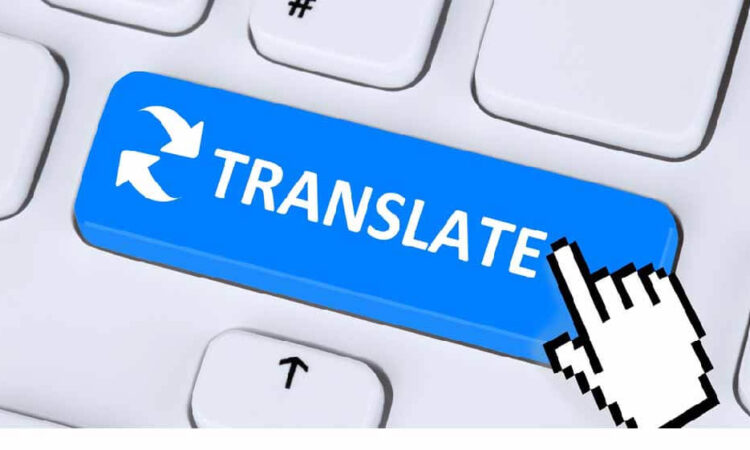
In the world of professional translation, having a solid foundation in language skills is essential. But to stand out in a competitive market and take your career to the next level, obtaining a translation certification can make all the difference. With various translation certification courses available, it can be challenging to determine which one is the right fit for your needs. In this guide, we’ll explore some of the most popular translation certification courses to help you make an informed decision.
ATA Certification
Offered by the American Translators Association (ATA), this certification is regarded as a prestigious credential in the translation industry. To obtain the ATA certification, candidates must pass a written examination that tests their translation skills, as well as their knowledge of the language pair and the translation process. The ATA certification is available for several language pairs and is valid for a three-year period, requiring continuing education credits for renewal.
CIOL Qualifications
The Chartered Institute of Linguists (CIOL) offers many qualifications for translators, including the Diploma in Translation (DipTrans). This UK-based certification is recognized internationally and covers three different written exams: general, semi-specialist, and specialist. Translators can choose which areas to specialize in, such as law, business, or technology.
CTTIC Certification
The Canadian Translators, Terminologists, and Interpreters Council (CTTIC) offer national certification examinations in translation for various language pairs. Upon passing the exam, candidates are awarded the title of Certified Translator. The CTTIC certification is recognized throughout Canada and is often required for translation jobs in the country.
State-Specific Certification
In some countries, such as Germany, France, and Spain, translators must obtain state-specific certification in order to work as certified translators. These certifications often involve rigorous exams and may require translators to hold a university degree in translation or a related field.
Language-specific Certifications
Certain organizations or language institutions may offer translation certification courses specifically related to a particular language. For instance, you might find translation certification courses specializing in Spanish, Chinese, or Arabic. These courses may differentiate themselves by focusing on cultural nuances, dialects, and the specific challenges of translating these languages.
Industry-Specific Certifications
Some translation courses cater to the specific needs of certain industries, such as medical, legal, or technical translation. These certifications can be beneficial for professionals who wish to specialize in a particular field or expand their expertise in a specific type of translation work.
In Conclusion
Taking the time to research and attain a translation certification can greatly impact your career, providing you with a competitive advantage and increased credibility in the eyes of potential clients and employers. By understanding the various types of translation certification courses available, you can choose the one that best suits your needs and future career goals. As the global market continues to expand, your investment in a translation certification will undoubtedly pay off, opening the doors to a myriad of professional opportunities. So, consider enrolling in a translation certification course today to enhance your translation skills and set yourself apart in the industry.

